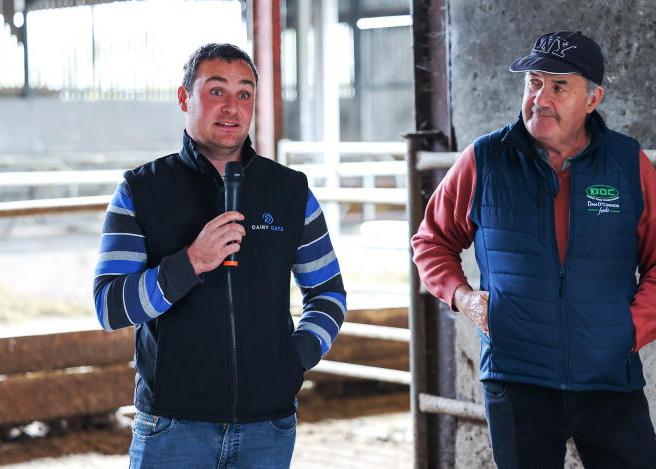Young, active farmers waiting to take over farms should be required to pay mandatory PRSI contributions to safeguard their future State pension, a new report has recommended.
The report recommended that young farmers should undertake this as soon as they begin work on the farm, so their PRSI contribution history is not dependent on when they inherit the land.
Spouses or civil partners working on farm should also register for PRSI, it found.
This is to ensure they have a social insurance contribution history independent of their farmer spouse or civil partner, and therefore will not be reliant on a means test to receive a State pension. These recommendations were made in a new report, Sustainable Transition of the Rural Economy Through Generational Renewal by Maynooth University and Teagasc, funded by the Department of Agriculture.
Furthermore, the report said Ireland lags behind its European counterparts when it comes to a national pension system for farmers and their families.
It noted that in comparison to other European countries, there are “significant differences” for Irish farmers to qualify for a full State pension.
Contributions
The Irish system potentially requires one of the highest levels of contributions, which is up to 40 years.
“The Irish pension system, by not having mandatory registration for spouses/civil partners and ‘prescribed relatives’ working on farms, and by having a means testing system which [attributes] income to non-cash generating assets, has created significant gaps in social welfare pension coverage within the farming community,” the report said.
The level of private pensions in the Irish farming community is approximately 50%.
However, there are significant variations depending on farm enterprise.
Approximately 70% of dairy and tillage farmers have private pensions. That is compared with an estimated 40% of sheep and cattle farmers.
A number of recommendations were also made around collaborative farming systems.
It noted there was “potential for growth in collaborative farming arrangements”.
The report added that policies could be developed to encourage new collaborative arrangements between “lower income farm systems” and “more viable farms”.
Further policy initiatives to encourage farmers to engage in succession planning were also recommended.










SHARING OPTIONS